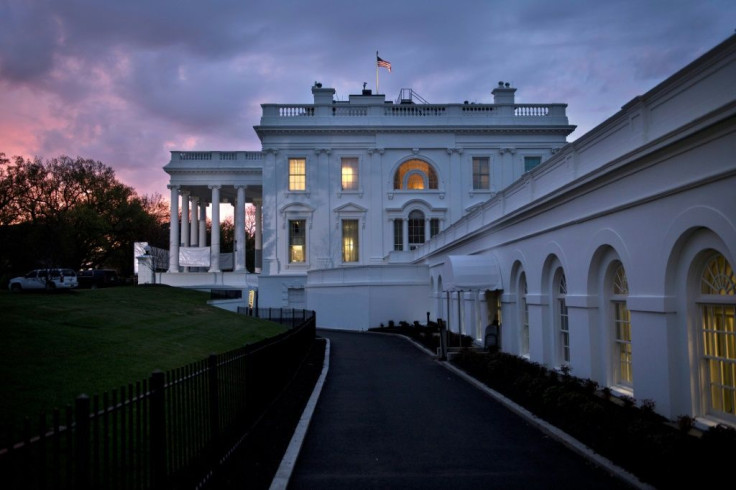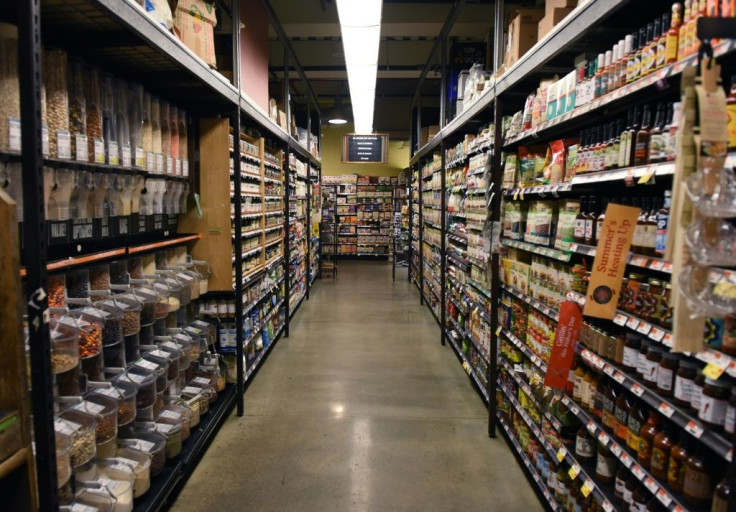Coronavirus Update: 50% Of Simon Malls, Outlets To Open By Next Week

Simon Property Group, Inc, the largest shopping mall operator and retail real estate investment trust (REIT) in the United States, is speeding up the reopening of its malls and other outlets.
It now plans to have 50% of its properties reopened next week. The group temporarily closed all of its properties March 18 as the COVID-19 pandemic began to rage.
Simon owns about 200 malls and outlet centers in the U.S. It said it's reopened 77 of its properties as of Monday as states ease their local lockdown restrictions.
It also said a dozen of its premium outlets such as Copley Place in Boston and Northgate Mall in Seattle have reopened. Simon started reopening some of its malls in states such as South Carolina and Georgia on May 1.
CEO David Simon said the company is “encouraged by the consumer response thus far" to the reopenings.
“We are now leading the effort for these local economies to get back to business,” said David during an earnings conference call with analysts. “We want to help these local communities ... because frankly they depend on our sales taxes.”
Simon said some of the measures it's put in place at its reopened malls include limiting visitor traffic and handing out masks to visitors that ask for them.
Simon reported its first quarter 2020 earnings Monday. It said quarterly profits plummeted 20.2% during the first quarter ended March 31.
Net income fell to $437.6 million, or $1.43 per share, from $548.5 million, or $1.78 per share, year-on-year. Funds from operations fell to $980.6 million ($2.78 per share) from $1.08 billion ($3.04 per share) year-on-year. This is a key metric used by analysts to gauge the health of REITs.
Simon reported $8.7 billion in liquidity. This amount consists of $4.1 billion of cash on hand and $4.6 billion of available capacity under its revolving credit facilities and term loan. It has withdrawn its 2020 financial outlook on account of economic uncertainties.
Simon said it has either suspended or eliminated more than $1 billion in expenses related to new development and redevelopment projects to manage costs during the pandemic. It will reevaluate all suspended projects in the future.

© Copyright IBTimes 2025. All rights reserved.





















